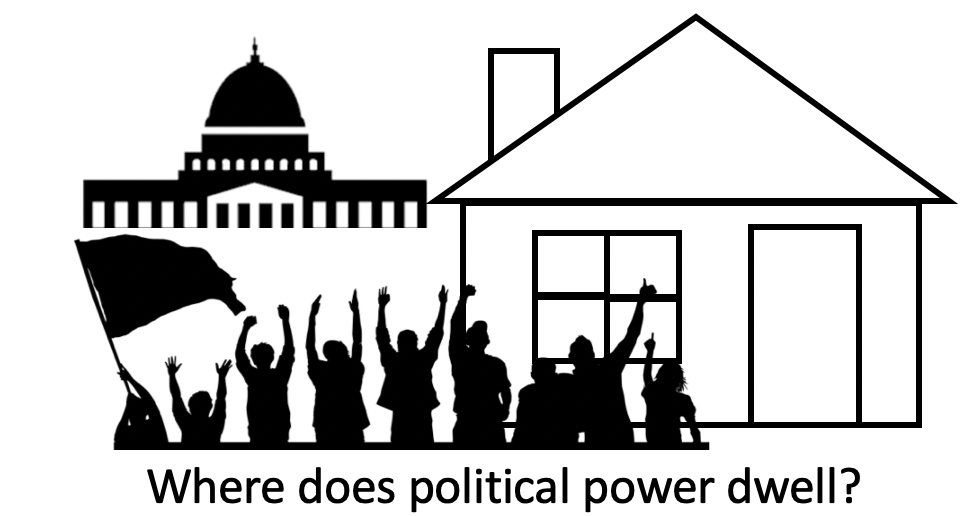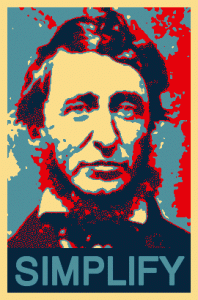Evil is contagious and brutality loves company. When George Floyd was killed, one of the officers involved should have said, “Stop it.” But peer pressure and the bandwagon can cause ordinary people to participate in terrible things. It is often easier to look away than to say, “This is wrong.”
So kudos to former Secretary of Defense, Gen. James Mattis and to Adm. Mike Mullen, former chairman of the Joint Chiefs of Staff, both of whom spoke out against abuses of power emanating from the White House. Critics may say that this is coming a bit late in the game. But better late than never.
The Rubicon was crossed this past week when the president threatened to deploy the military in pursuit of what he chillingly called “total domination.” The police and National Guard then used tear gas and grenades to drive peaceful protesters away from a church so Trump could pose with a Bible.
The president did not read the Bible at the church, of course. Nor did he cite an equally important document, the U.S. Constitution.
Each of the five freedoms of the First Amendment was under assault this week. The threat of total domination and police brutality undermines our freedom to assemble, protest, and petition. Journalists were shot at and arrested, in violation of freedom of the press. And then the president took a battering ram to the Jeffersonian wall of separation between church and state.
Our country needs a crash course in civics. You don’t hold a democracy together by domination. Nor do you unite a secular nation by brandishing a Bible. Cops and soldiers especially should read the Constitution with care. We consent to be governed because we believe that the institutions of government — including the military and police — exist to defend our rights.
That’s why police brutality is so appalling. When the police kill people in their custody, the social contract unravels. That’s also why efforts to create law and order through domination are un-American and counterproductive. Domination does not create consent, it breeds discontent.
The good news is that there are conscientious cops, soldiers and civil servants. Americans of all races volunteer to serve the public and protect the Constitution. Many public servants spoke out against the George Floyd killing and against racial injustice. Some even took a knee with protesters. And now Gen. Mattis and Adm. Mullen are reminding us of the need to reaffirm our commitment to the Constitution.
But this is not easy. Mullen’s statement opened a difficult can of worms. He said of the military, “They will obey lawful orders. But I am less confident in the soundness of the orders they will be given by this commander in chief.”
If a cop or solider were given an order to violate the rights of citizens, would he or she refuse? Conscientious disobedience is a deeply American idea. But it is a question that rightly provokes fear and trembling.
The nation began in disobedience to tyranny. Lieutenant-Colonel Thomas Howard, the Earl of Effingham, was a British officer who became a hero to early Americans after he resigned his commission rather than fight the colonists. Henry David Thoreau said that if the law causes you “to be an agent of injustice to another, then, I say, break the law.” Dr. Martin Luther King Jr. said, we have “a moral responsibility to disobey unjust laws.” And in 2003, President George W. Bush warned Iraqi soldiers that they would be prosecuted for war crimes and that it would be no defense to say, “I was just following orders.”
This lesson can also be learned from George Floyd’s killing. A uniform does not protect a person from moral condemnation or from legal prosecution. The cops involved were fired and arrested. It seems obvious in retrospect that one of them should have said, “Stop it. This is wrong.”
In the heat of the moment, peer pressure and the bandwagon often prevail. But once the heat has dissipated, the world will condemn those who condone cruelty. And history will eventually shine a more flattering light on those who have the moral courage to say to the creeping shadow of total domination, “Stop it, this is wrong.”



